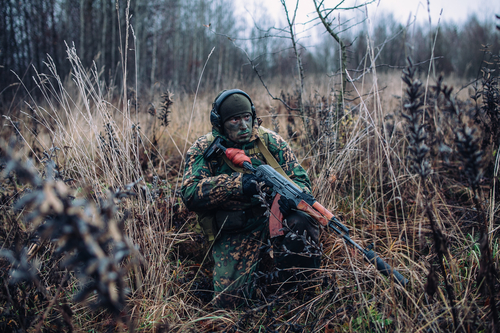
FORT LIBERTY, North Carolina—In a classroom adorned with Ukrainian-language posters, a group of Army special operations soldiers practices their language skills in preparation for upcoming exams.
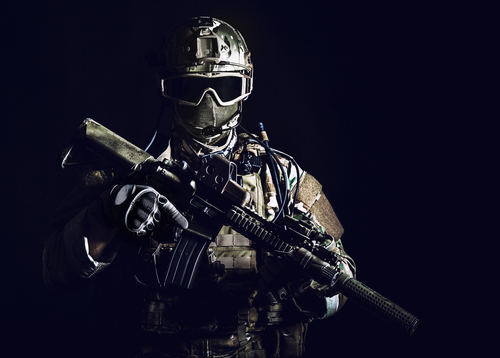
These soldiers are part of a new class at the Army’s John F. Kennedy Special Warfare Center and School, a testament to the institution’s rapid adaptability and its broader initiative to overhaul instruction in irregular warfare, technology, and psychological operations.
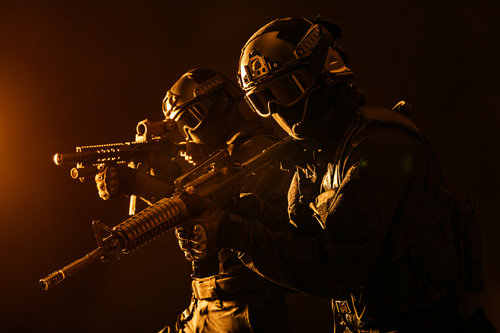
The six-month Ukrainian language course, which began only in October, represents one of the many changes at the school driven by insights gained from the ongoing conflict in Ukraine.
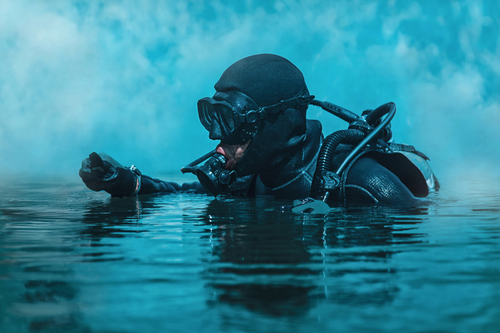
Designed from scratch in just nine months, a process that typically spans three to five years, the program aims to equip soldiers with a language proficiency level suitable for basic negotiations and the establishment of rapport with Ukrainian forces.
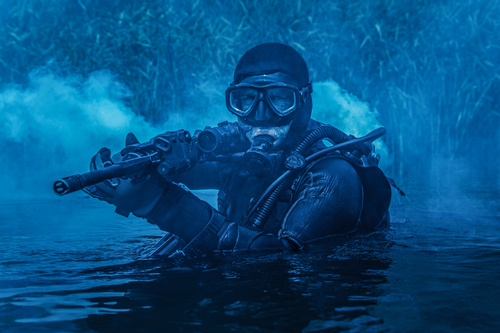
Brig. Gen. Guillaume Beaurpere, the chief of the Special Warfare Center and School, is at the forefront of these revisions. He underscores the necessity of adapting to current conflict conditions, such as integrating the construction and countering of tank ditches into engineer sergeants’ training—a direct lesson from Ukraine’s defenses.
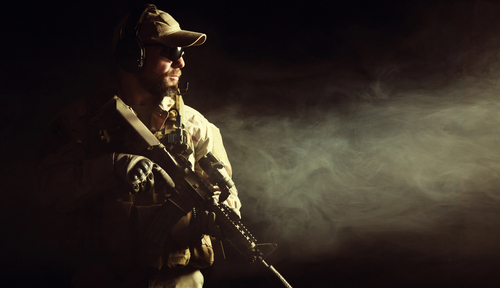
Drones, now a pervasive presence in modern combat zones, have been incorporated into the crucial Robin Sage exercise, as part of an effort to reflect the realities of the contested skies over Ukraine.
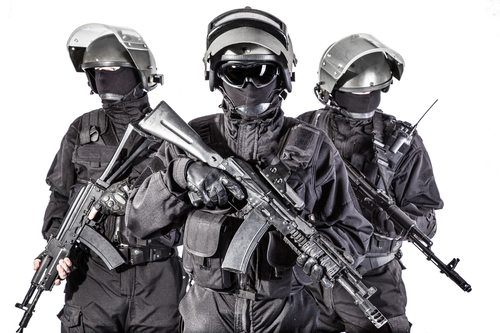
“You talk to any soldier in Ukraine: you don’t go anywhere without a drone flying, either in support of you or against you,” says Beaurpere, highlighting the significance of UAVs in contemporary warfare.
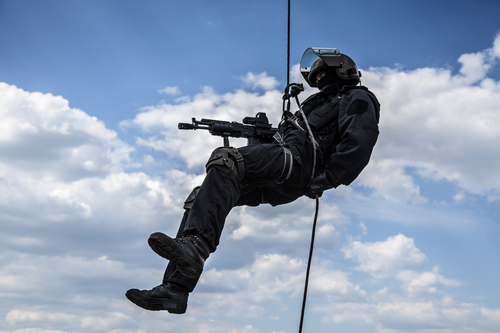
ARSOF medics are also adapting to the changing landscape of warfare, with an emphasis on austere medicine due to the increasing impracticality of rapid medical evacuations. This shift in training acknowledges the realities faced by soldiers in the field, where immediate medical support may not be readily available.
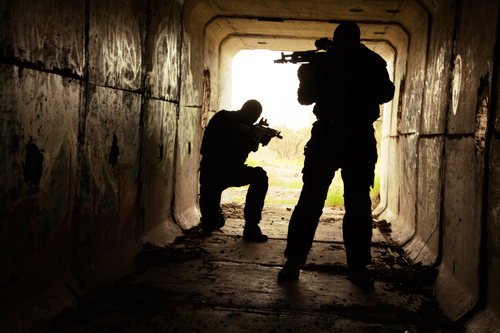
Looking forward, the school is set to centralize its core instructional competencies by establishing distinct sub-schools focused on irregular warfare, psychological warfare, and civil affairs by 2030. A new irregular warfare academy is slated to launch by 2027, with doctrine updates already in motion, expected to be released in 2026.
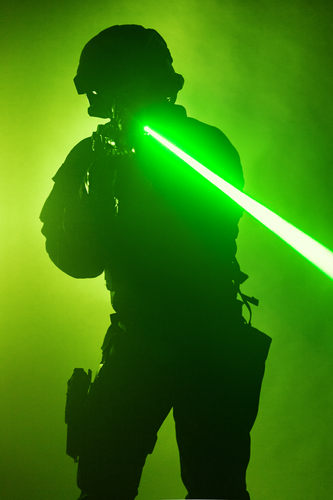
Beaurpere reveals that these doctrines will partly focus on pre-positioning troops to disrupt adversaries’ strategies, and mentions collaborations with other commands to gain access to enemy intelligence.
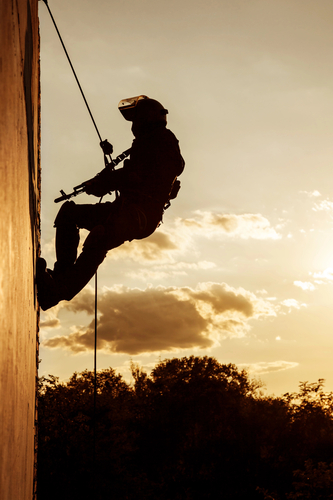
Furthermore, the incorporation of electronic warfare and signals intelligence training into the curriculum signifies a forward-looking approach to modern warfare. Psychological operations and civil affairs will also see the establishment of their own branch schools, with a reservist already designated as the commandant for the psychological warfare branch.
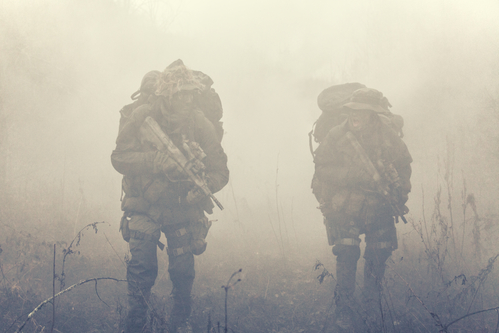
The Special Warfare School has also responded to the increased use of drones by starting the Robotics and Unmanned Systems Integration course in October 2023. This six-week program is set to educate 25 students four times a year on drone operations and to inform how the Army could approach this at a larger scale.
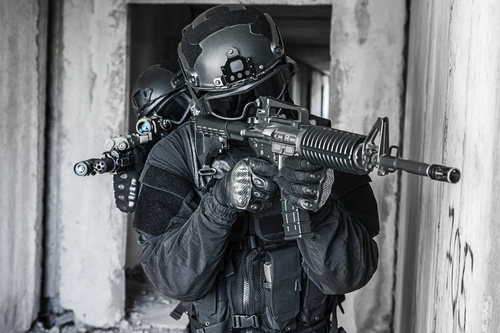
Moreover, a new military occupational specialty focusing on robotics is in development, which reflects both a need within ARSOF and a potential broader Army application.
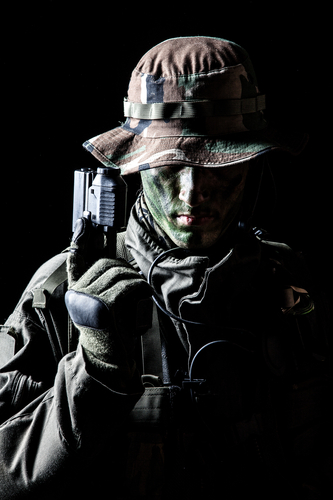
Such developments at the John F. Kennedy Special Warfare Center and School demonstrate the Army’s commitment to preparing its special operations forces for the complex and rapidly evolving nature of modern combat.
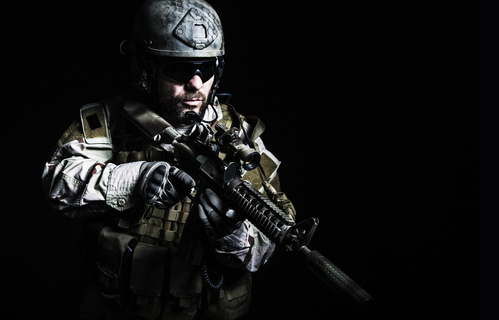
As these soldiers adapt to new challenges and technologies, they stand as a testament to the dynamic and responsive nature of U.S. military training.
